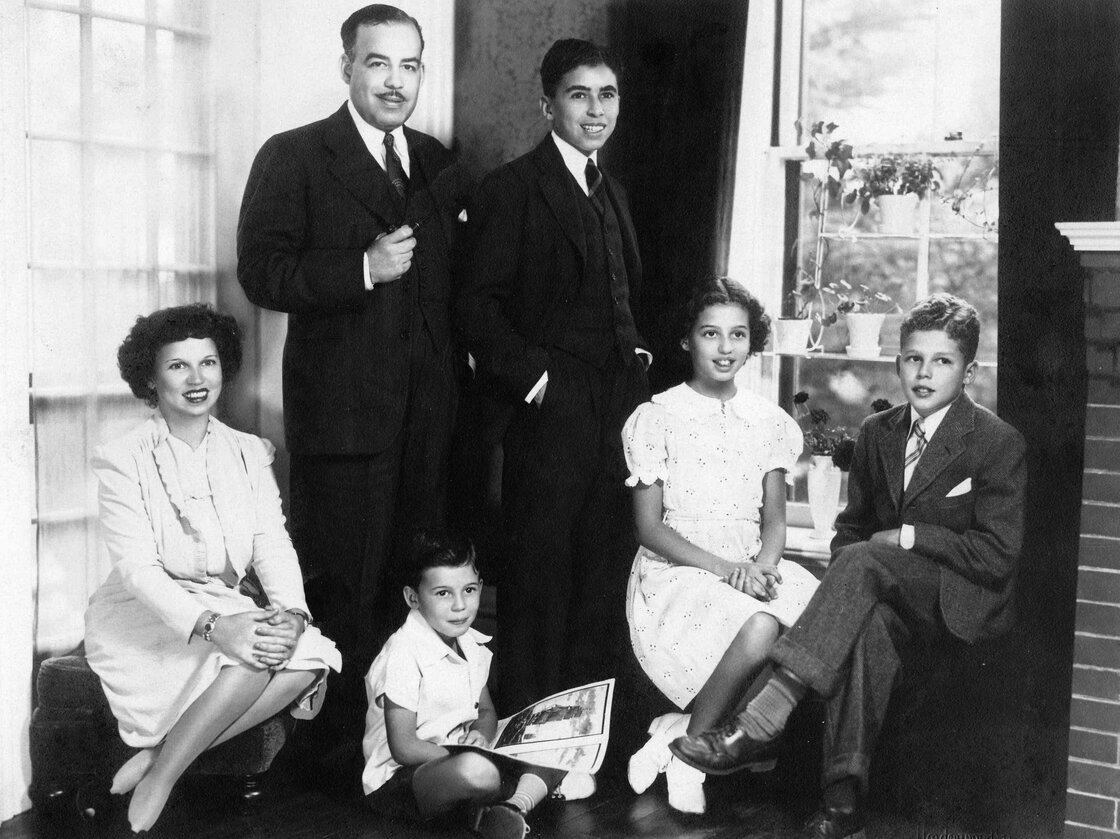In a Novelist’s World, You Choose Your Race
The New York Times
2014-08-11
Felicia R. Lee
In the weak light of a February afternoon, Kelly Thorndike has a strange chance encounter in a Baltimore parking lot with Martin Lipkin, an old friend from high school. But time has brought a big change. The Martin that Kelly knew was white. The man standing before him is black.
Their meeting sets the stage for “Your Face in Mine,” Jess Row’s debut novel, which is to be published on Thursday by Riverhead Books, joining a long tradition of fiction about racial guises. Mr. Row’s tale is set in a near future in which Martin is the first person to undergo “racial reassignment surgery” to change his features, skin color, hair texture and even his voice. His surgical package includes a new biography and even a dialect coach — all a corrective for Martin’s “racial dysphoria.”
“I wanted to make the novel the logical outcome of the way certain vectors in our society are going,” Mr. Row, 39, a soft-spoken, self-described WASP, said during a recent interview. He pointed to the current state of plastic surgery, in which it’s possible for features and body parts to be changed to mask or remake ethnicity. “I wanted people to ask, ‘If I could have the surgery, would I?’ ” said Mr. Row, the author of two story collections, “The Train to Lo Wu” and “Nobody Ever Gets Lost.”
A fan of James Baldwin’s work, Mr. Row said he set out to have “Your Face in Mine” explore the ways people try to escape their racial identities, as well as investigate their desire for racial reconciliation and deeply unconscious fears and discomforts around race.
“Passing” has been a major theme in African-American literature for over a century, and has usually meant blacks living as whites to escape bias. “Your Face in Mine” owes something to classic stories of passing like “The Autobiography of an Ex-Colored Man,” by James Weldon Johnson (published anonymously in 1912 and under his name in 1927), and the 1931 satire “Black No More,” by George S. Schuyler, in which blacks rush to embrace a new scientific process to become white.
It also calls to mind “Black Like Me,” the groundbreaking 1961 account by John Howard Griffin, a white journalist, who darkened his skin to appear African-American and wrote about the discrimination he experienced…
…“Is Race Plastic?,” a recent New York magazine cover article, considered just this issue, exploring the implications of “ethnic plastic surgery” with its menu of procedures that go about “sharpening the stereotypically flat noses of Asians, blacks and Latinos, while flattening the stereotypically sharp noses of Arabs and Jews.”
Allyson Hobbs, an assistant professor of history at Stanford, whose book, “A Chosen Exile: A History of Racial Passing in American Life,” comes out in October, said that in life and in literature, passing showed the complexity, and even absurdity, of racial categories.
“Historically, it was much clearer what was to be gained by being white, in the literature as well,” she said. “There was a social and economic logic to becoming white.” About “Your Face in Mine,” she said: “What this book sort of raises as a question is what someone expects to gain by being black, Hispanic or Asian in the 21st century? What is gained and what is lost through a racial reassignment in the 21st century?”…
Read the entire article here.


